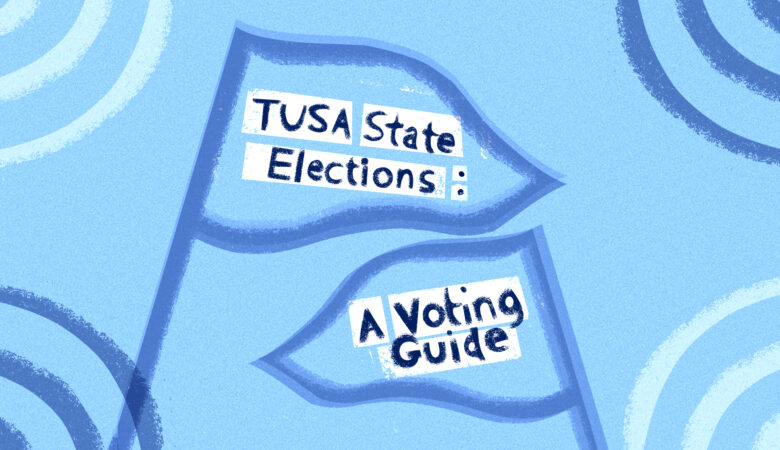The University of Tasmania has accepted all 19 recommendations made in an extensive review of its international recruitment and admissions practices.
In May, UTAS announced the external review would be conducted by Professor Hilary Winchester following an ABC Four Corners investigation, which contained allegations that Australian universities had been waiving their English-language entry standards in order to attract more high-paying international students.
Among the 19 recommendations, a review and update of the university’s website is noted as a “matter of urgency” to enhance usability and information transparency for potential applicants.
The recommendation also urges UTAS to evaluate the impact and accuracy of the Chinese version of the website.
Several recommendations to improve academic governance oversight have been made, with the review calling the existing oversight “weak”.
The review acknowledges the University has recently made a strategic shift from rapid to sustainable growth in international student numbers, which “will have financial and organisational implications.”
26 per cent of the university’s total student demographic were international students in 2018, 50 per cent of which undertook informal testing labelled “Other Form of Testing which satisfies the Institution” and 3 per cent did not sit a test.
The review revealed that last year, 919 international students were admitted to UTAS through an informal method of demonstrating English proficiency that the University is no longer accepting. The review also found students entering through informal entry points have a higher than average failure rate.
The reviewer requested standard reports of student performance by cohort, country, basis of admission and “students at risk”. Initially, UTAS was unable to provide the reports because they had failed to regularly produce performance data. The University will now provide performance reports each semester to the Academic Senate.
The review also found the University’s policy framework “adequate”, but noted some policies need revision and improvement, and others are overdue for review.
Winchester highlights that students with low entry standards are more prone to breaches of academic integrity, and recommends UTAS updates its policy framework to ensure a more centralised approach in penalties for academic misconduct.
UTAS will also reinstate an Admissions Committee and will immediately assess mechanisms to minimise the late enrolment of International students, although UTAS said it will not consider the possibility of moving semester start dates in response to a suggestion made in the review.
In an email sent to staff and students, UTAS Vice-Chancellor Professor Rufus Black said the review has identified areas where the university can and must do better.
“It is imperative that any student, regardless of their origin, has evidence of an English language proficiency level that will allow them to succeed in their student journey,” he said.
UTAS said there is a “real difference” between having academic skills to do well in a course and having the language skills to participate fully, and notes there is work to be done to allow international students to do both.
The UTAS Academic Senate will consider the review and the University’s response when it meets next Friday.







